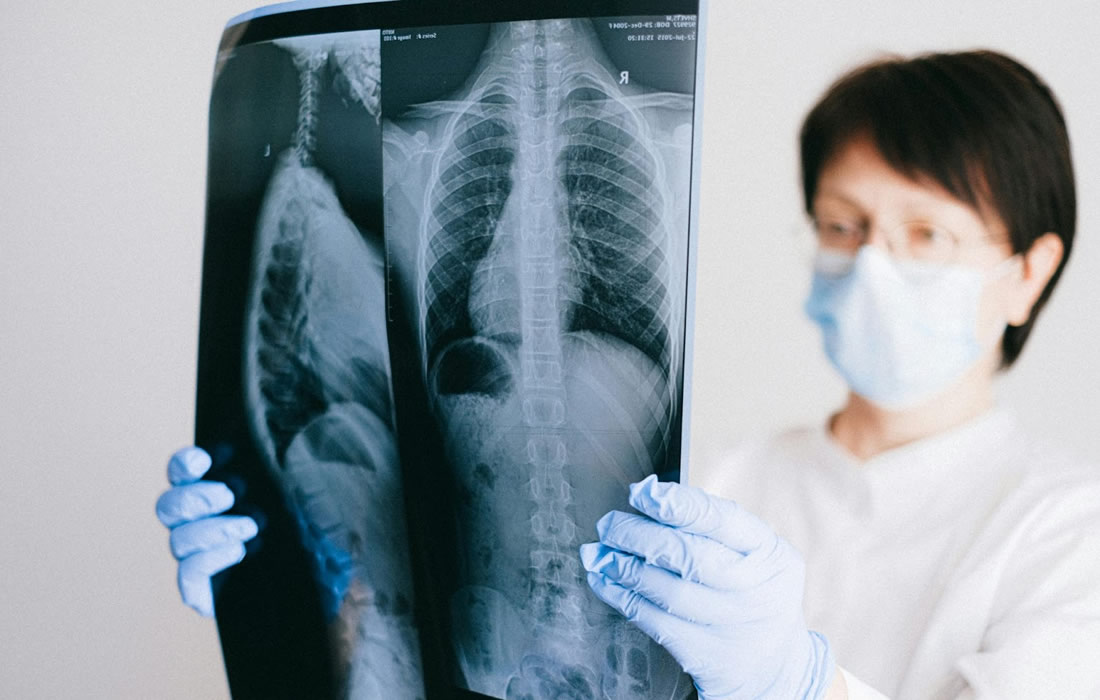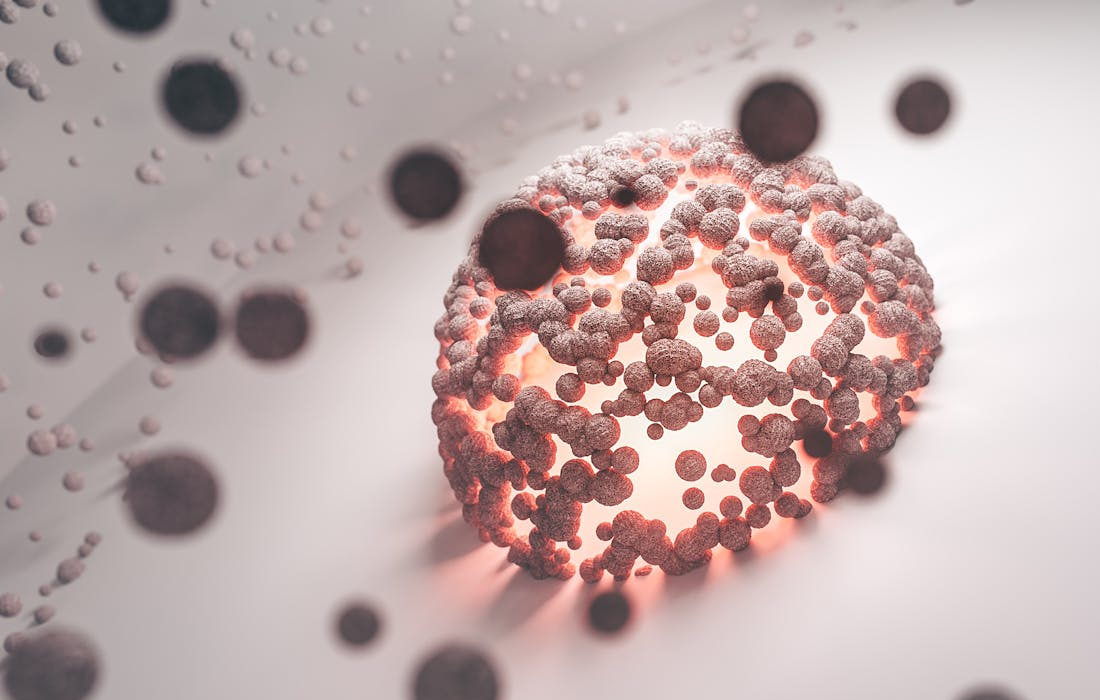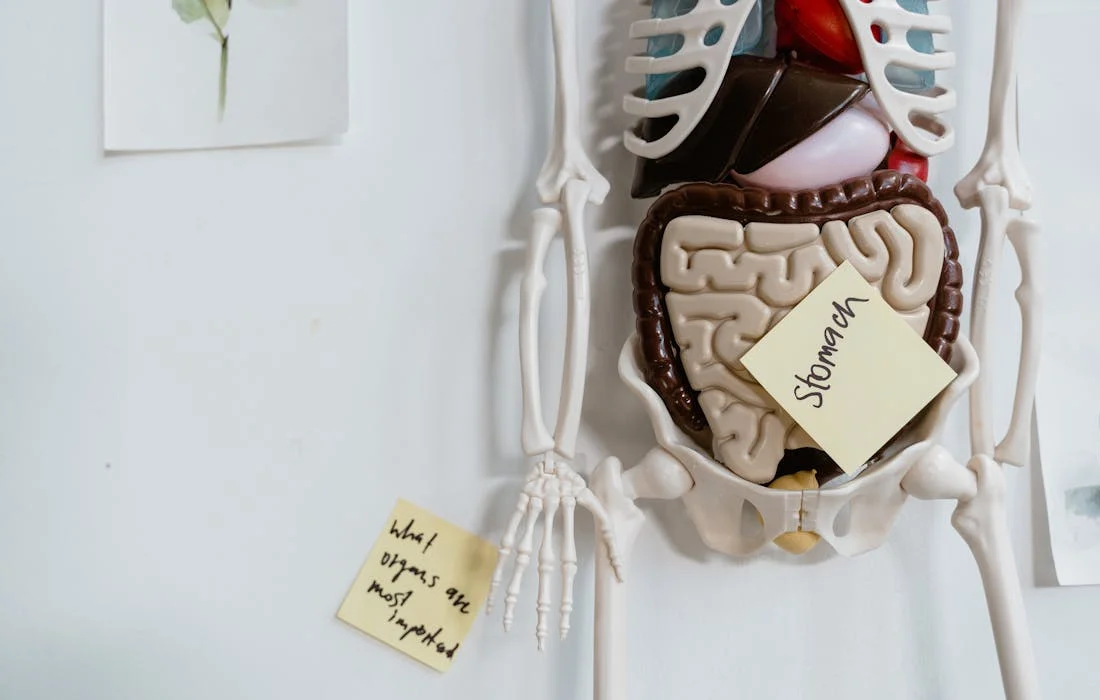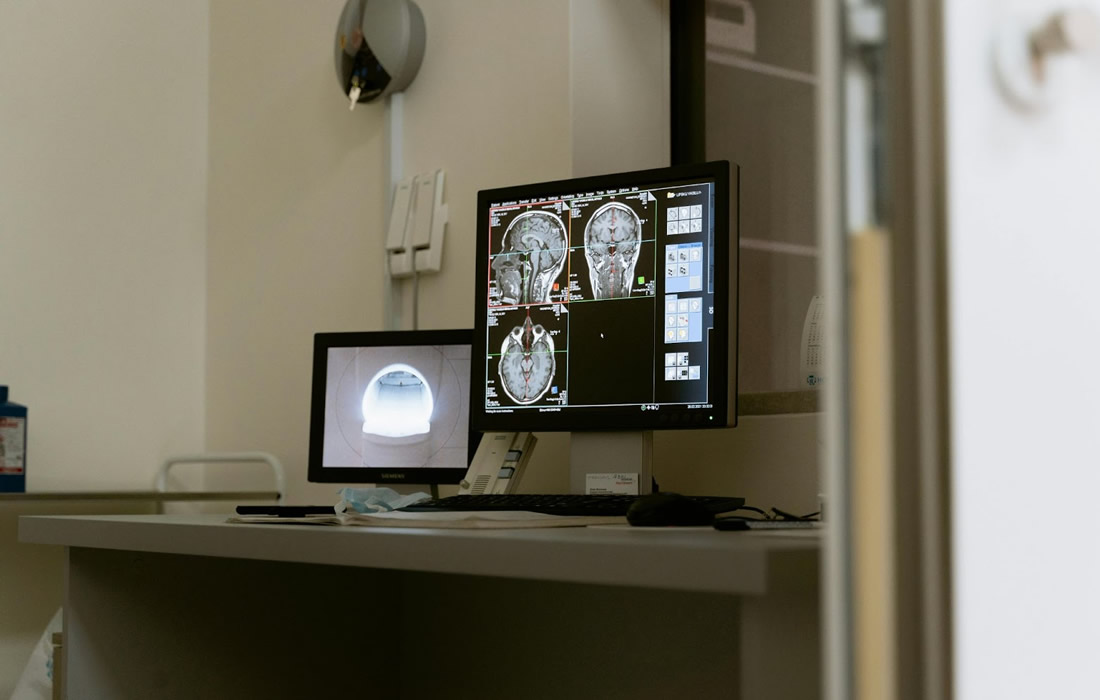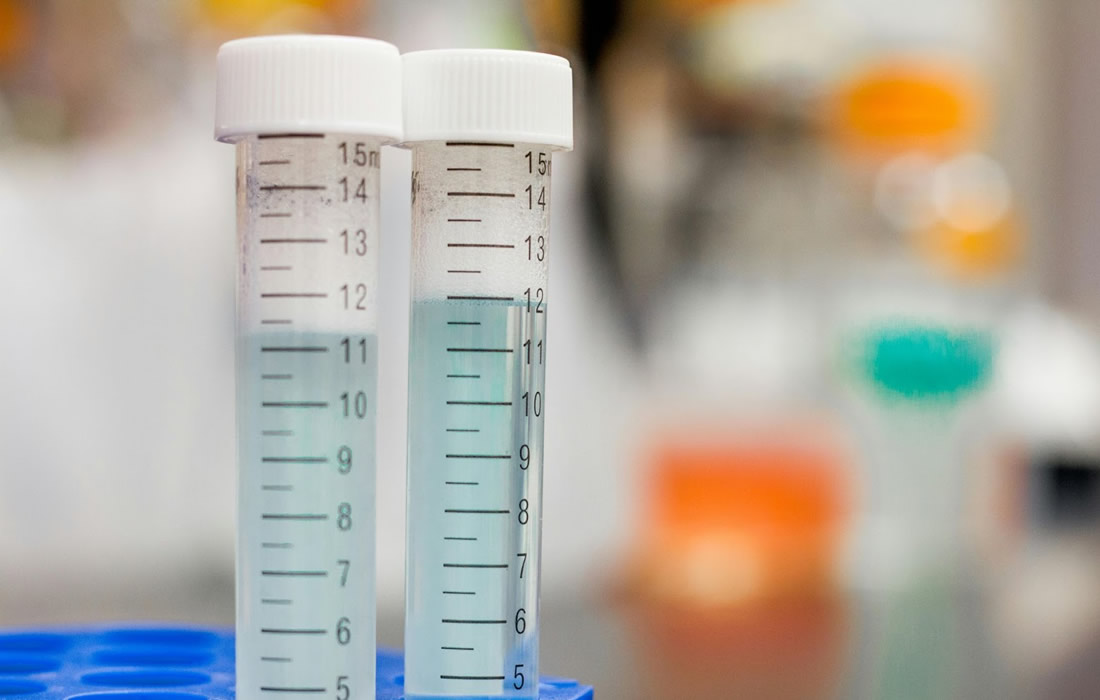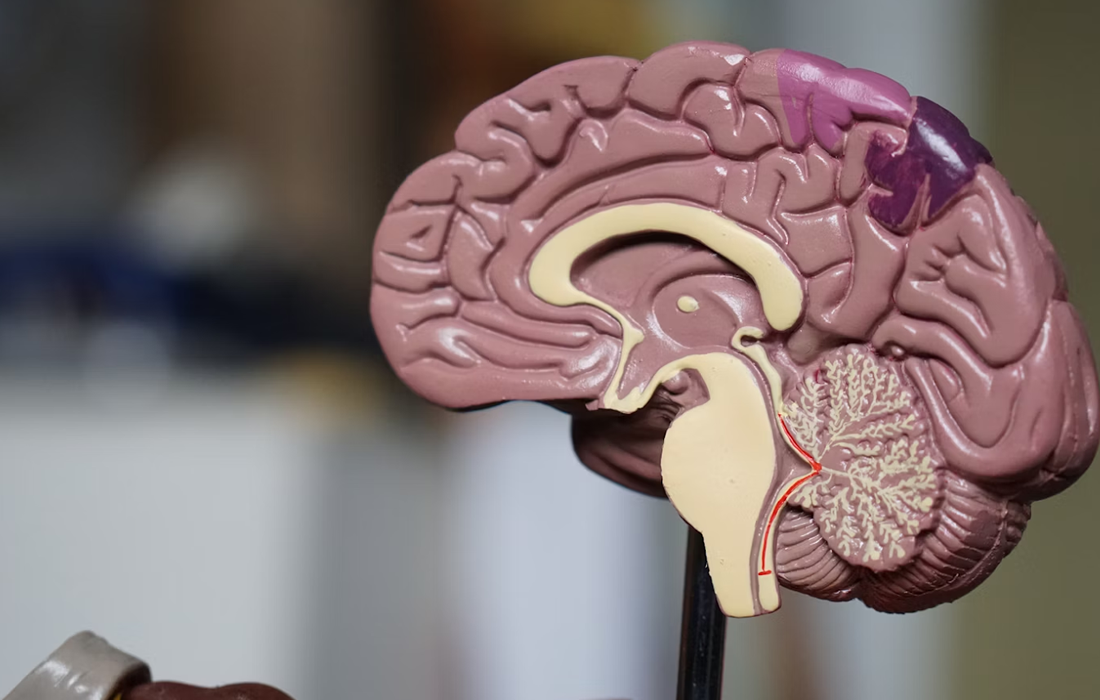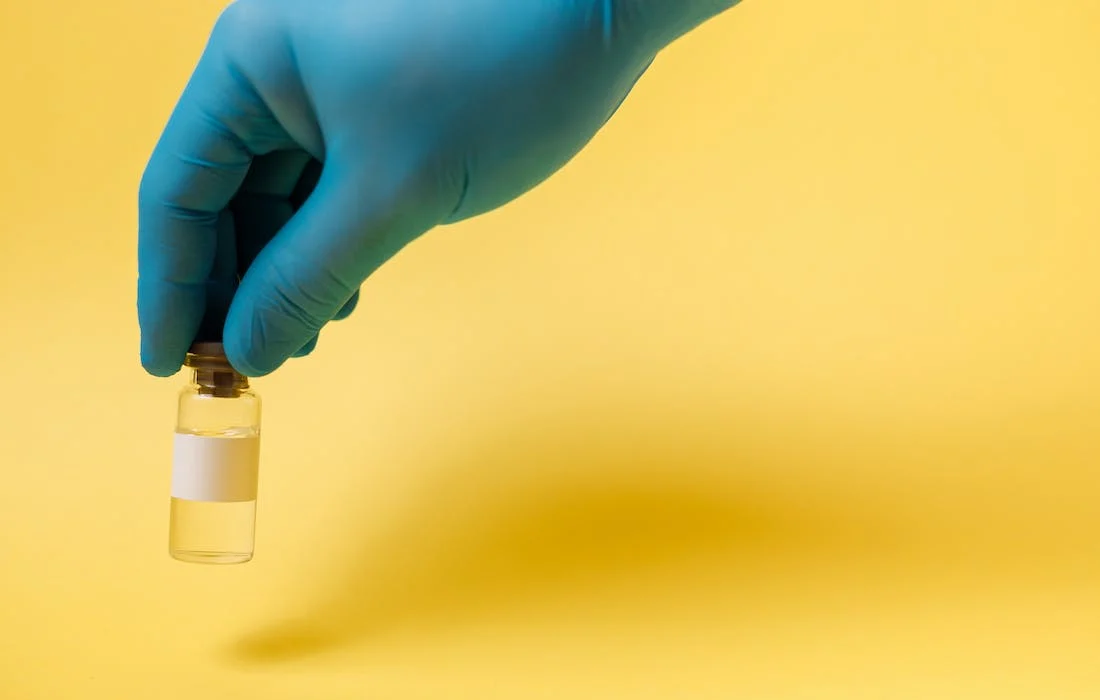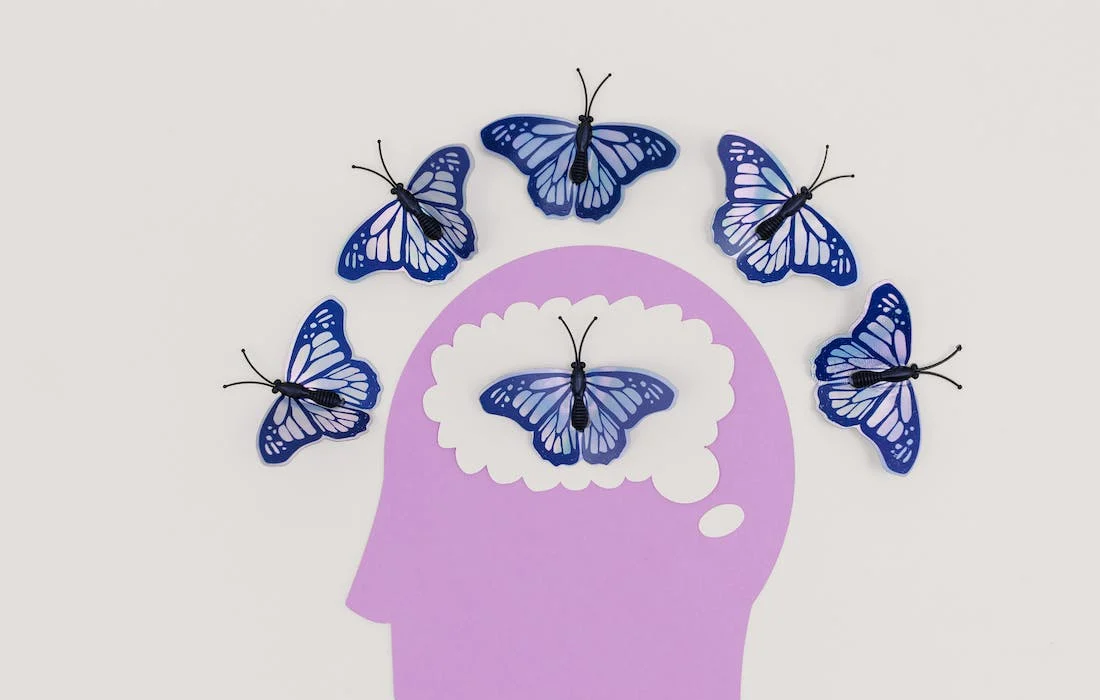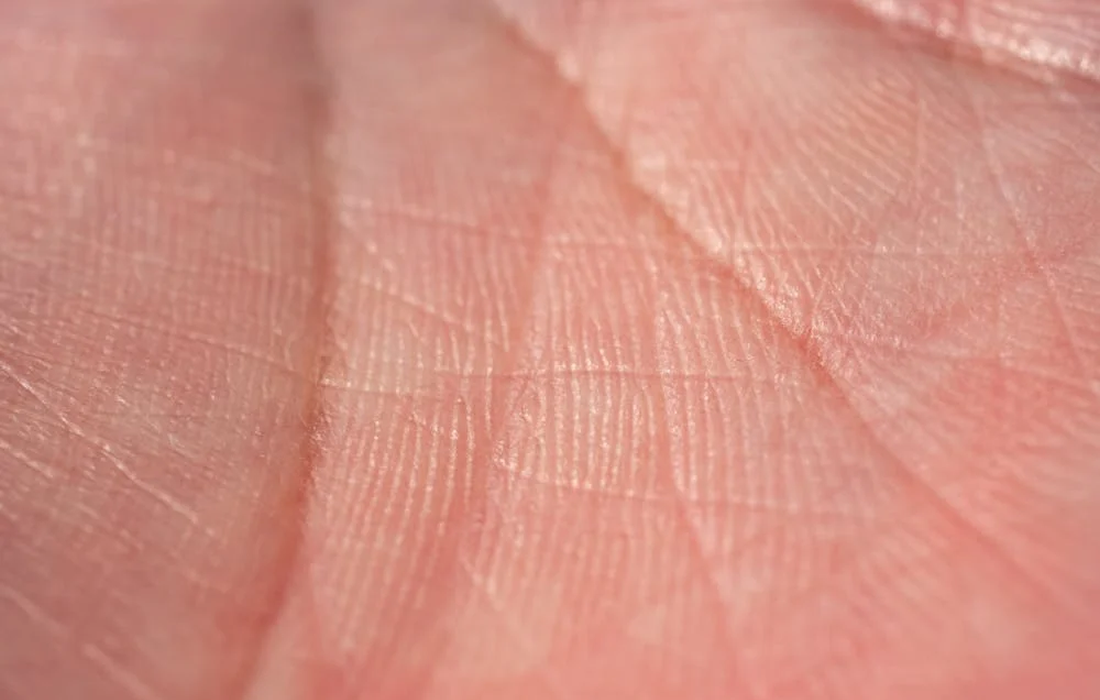A synthetic chemical called Bisphenol A, or BPA, is widely used in the production of durable plastic products including eyewear, water bottles and epoxy resins. But it’s also an endocrine disruptor, which means that it can interfere with normal hormone functions in the body. Studies suggest that high levels of exposure may be detrimental to […]
Category Archives: Regenerative Medicine News and General Information
Scientists have engineered a living material resembling human phlegm, which will help them to better understand how a certain kind of infection develops on the lungs of patients with cystic fibrosis. Biofilms are strong living 3D materials that play key roles in nature, but also cause major problems in the real world, such as in […]
Cleveland Clinic researchers have discovered a key mechanism used by Kaposi’s sarcoma-associated herpesvirus (KSHV), also known as human herpesvirus 8 (HHV8), to induce cancer. The research points to effective new treatment options for KSHV-associated cancers, including Kaposi’s sarcoma, primary effusion lymphoma, and HHV8-associated multicentric Castleman disease. The Nature Communications study, led by Dr. Zhao, reveals […]
Bile acids long have been known to play a role in human metabolism. Synthesized from cholesterol in the liver, bile acids are involved in digestive processes, particularly in absorbing fat. They also are modified extensively by bacteria, which greatly expand the types of bile acids found in the host. For most of a century, scientists […]
The causes of neurodegenerative diseases such as Alzheimer’s disease, Parkinson’s disease, frontotemporal dementia and prion diseases can be many and varied. But there is a common denominator, namely protein misfolding and the occurrence of protein deposits in the brain. Studies on genes associated with pathologies have revealed two basic mechanisms by which misfolded proteins can […]
Research has found that hormone levels are an important indicator of whether post-menopausal women who are most at risk of developing breast cancer will benefit from aromatase inhibitors such as anastrozole. This type of drug is recommended by the National Institute of Clinical Care and Excellence (NICE) as an option for preventive therapy in postmenopausal […]
The first stem cell culture method that produces a full model of the early stages of the human central nervous system has been developed by a team of engineers and biologists at the University of Michigan, the Weizmann Institute of Science, and the University of Pennsylvania. The system is an example of a 3D human […]
Recombinant protein vaccines, like the Novavax vaccine used to fight COVID-19, offer several advantages over conventional vaccines. They’re easy to precisely produce. They’re safe, and potentially more effective. And they could require smaller doses. Because of these traits, there is much interest in developing recombinant influenza vaccines. To date, however, the Food and Drug Administration […]
The human brain’s adaptability to internal and external changes, known as neural plasticity, forms the foundation for understanding cognitive functions like memory and learning, as well as various neurological disorders. New research conducted by a team led by Dr. PARK Joo Min of the Center for Cognition and Sociality within the Institute for Basic Science […]
A new technique for electrospinning sponges has allowed scientists from the University of Surrey to directly produce 3D scaffolds — on which skin grafts could be grown from the patient’s own skin. Electrospinning is a technique which electrifies droplets of liquid to form fibres from plastics. Previously, scientists had only been able to make 2D […]


